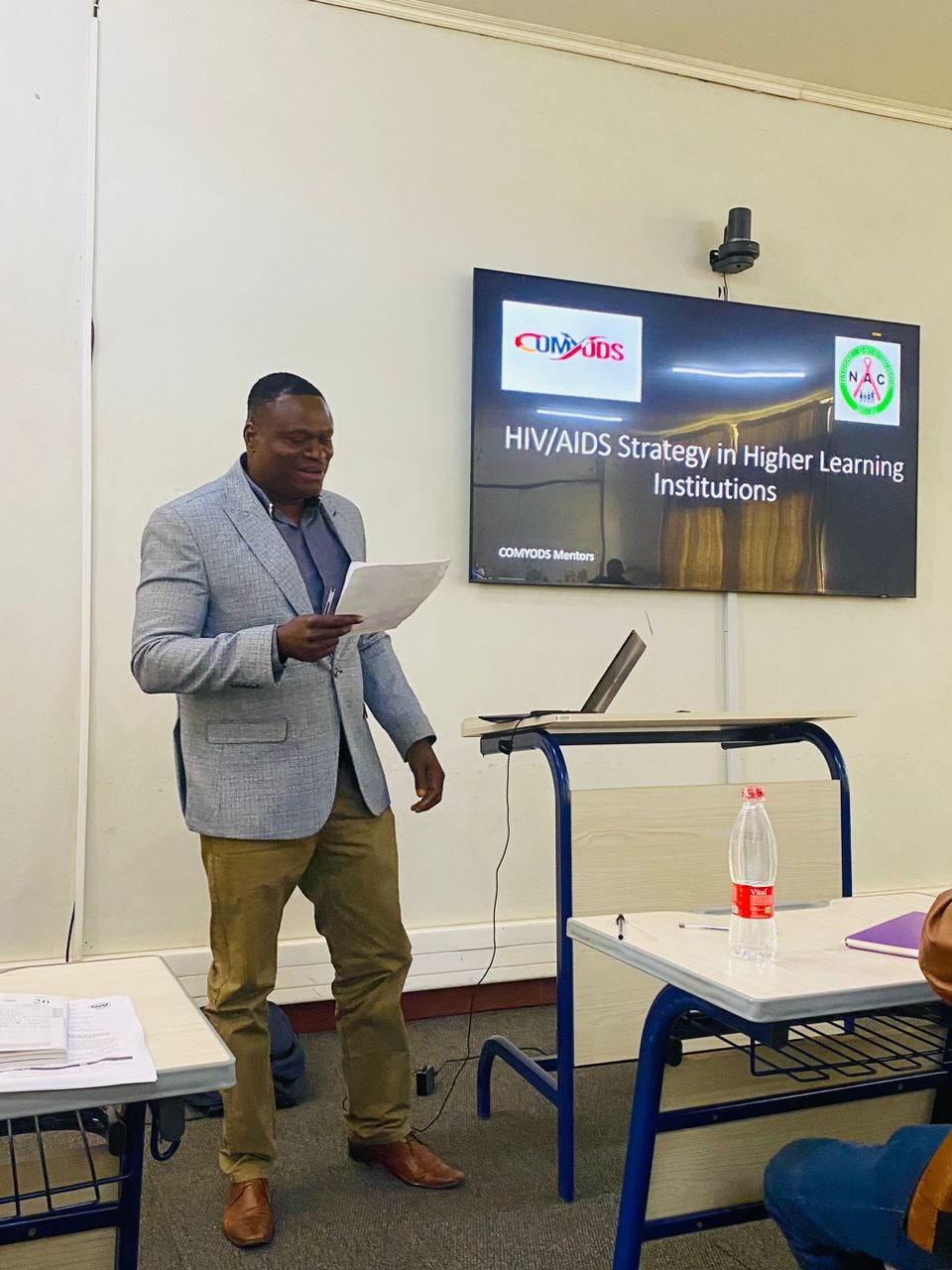Lack of Knowledge and Access to SRH and HIV Services Increases Risk in Malawi's Higher Learning Institutions
Lack of knowledge and access to SRHR and HIV services increases HIV and STI risk among Malawian students , writes Meclina Chirwa.
Lilongwe, Malawi- Lack of proper knowledge and limited access to sexual reproductive and health rights (SRHR) and HIV preventive services are contributing to an increased risk of HIV and other sexually transmitted infections (STIs) among students in higher learning institutions in Malawi, writes Meclina Chirwa.
This concern was highlighted during a recent peer educators' workshop organized by the College of Medicine Youth Development Society and supported by SRHR Africa Trust-SAT Malawi.
Speaking in an interview, Joana Mitawa, a student from DMI, shared her observations, stating, "There is an increase in drug use among students in higher education institutions, which affects their decision-making regarding safe sex. The high cost of living sometimes drives students to engage in transactional sex with older men and women to meet their daily expenses, including accommodation, tuition, and food. Some engage in drug use, which is affecting their decision-making regarding safe sex."
Mitawa also pointed out the challenges faced in religiously owned institutions, saying, "The other problem is that institutions owned by religious bodies do not allow service providers to bring SRHR services, which is another blow to us."
To address these issues, the College of Medicine Youth Development Society collaborated with the National AIDS Commission (NAC) to conduct a rapid assessment in April 2022 on the access and utilisation of SRHR, HIV, and AIDS services for students and staff in 51 higher education institutions across Malawi.
Billy Khembo, the president of the College of Medicine Youth Development Society, expressed concern over the limited knowledge among students, stating, "The assessment findings highlighted that most students have limited knowledge, resulting in limited access to SRH, HIV, and AIDS services for students and staff."
Highlighting the importance of addressing stigma and discrimination, Robert Mangwazu Phiri, the country director of SAT Malawi, emphasised, "Stigma has a detrimental effect in terms of uptake of services. The way young people look at each other, especially those who are HIV positive and have other chronic infections, is really a big thing, especially in universities. We are trying to control and ensure that services are available in higher learning institutions."
According to the 2023 HIV spectrum report, there are 2.4 million females aged 15–24 in Malawi, accounting for 11% of the total population but representing 22% of new HIV infections.
This increase in new infections among young people poses a challenge to the Malawi National Strategic Plan for HIV and AIDS 2022–2025, which aims to contribute towards ending AIDS as a public health threat in Malawi by 2030.
As efforts continue to address the gaps in knowledge and access to SRH and HIV services, stakeholders, educational institutions, and the government must work together to ensure the well-being and health of students, while combating stigma and discrimination within the higher learning environment.



